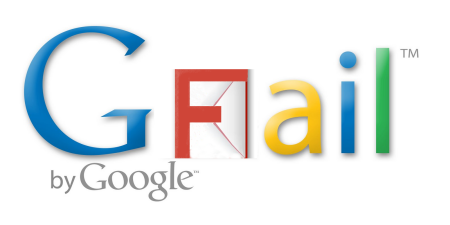
What’s happening with Google? Their Internet engineering used to be spot on. They’re generally a bunch of clever guys, and they follow standards and their stuff just works. Or did. Lately their halo has been getting a bit tarnished, and problems with GMail are a good case in point.
It all started quietly around a month ago on the 6th August. About a week later, people started complaining that users sending mail to them from GMail were getting bounce messages. It looks like Google had rolled out a broken software update, but they’re keeping a low profile on the subject.
After a great deal of investigation it appeared that their new MTA was attempting to make a STARTTLS connection when delivering mail on port 25. STARTTLS is a mechanism that allows encryption on a standard unencrypted channel. Basically, the sender tries a STARTTLS command and if the receiver supports it, returns a reply of “okay” and the remainder of the connection is encrypted using TLS. unfortunately Google’s implementation, which had been working for years, is now broken. The GMail lusers got a bounce back a week later that said it couldn’t negotiate a STARTTLS connection. No further explanation has been forthcoming. STARTTLS should work, and if it doesn’t GMail should try again without using it, but doesn’t.
On the servers I’ve examined there is no problem with STARTTLS. Other MTAs are continuing to use it. All certificate diagnostics pass. Presumably Google has changed the specification as to what kind of TLS/SSL its going to work with, as, presumably, it’s not happy working with all types. Not all servers have this problem. But Google isn’t telling anyone what they’ve done, at least not so far. Working out what’s wrong with their new specification using trial and error takes a while, and I have yet to find a combination that works. And besides, it’s not Google’s place to tell recipients what kind of encryption they should be using, especially when the default state is unencrypted.
Google does offer a troubleshooter but it doesn’t cover this eventuality. There is an option to report other problems, but to date I’ve had no response.
So what’s the solution? The only method I’ve found that works is to disable STARTTLS on Port 25. This means that Google can’t try and fail, and go in to sulk mode. And here’s the bit you’ve probably been waiting for: how to do it.
Assuming you have an access DB configured for sendmail, (the norm) you need to add an extra line somewhere and makemap it:
srv_features: S
On FreeBSD this file is /etc/mail/access and you can make it active using make run from the /etc/mail directory. But you probably knew that.
The srv_features stuff basically tells sendmail which services to advertise as being available. STARTTLS is option ‘S’, with a lower-case letter meaning “advertise it”, and an upper-case meaning “don’t advertise it”. This over-rides defaults, and all we want to do here is stop advertising STARTTLS. If it’s not advertised, Google doesn’t try using it (at least for now).
You might want to read this sendmail documentation for more information in the normal Sendmail easy-to-understand(!) format. If that doesn’t do it for you, look at section 5.1.4.15 of the manual, available in PDF here.
Now Google may defend this state of affairs by saying that they’re implementing something odd with STARTTLS for “security reasons”. There may even be some justification in this. If I knew what they’d changed I might be able to comment on that, but I can’t. However, even if this was the case, they’d be wrong in principle. Since the dawn of Internet email we’ve had RFCs telling us how things should work. You can’t just change the way you do things and expect everyone else to change to suit you, however large you are. And it’s possible that what Google has done is RFC compliant, even if it is bonkers. There are unspecified aspects in RFCs, and some grey areas. However, anyone who’s been around for long enough will know that Sendmail is the de-facto MTA. If you have an argument about the interpretation of an RFC, you can settle it by asking the question “Does it work with sendmail?” If it doesn’t, it’s your problem.
And while we’re at it, it’s really good of Google to stop anyone reading your email while it’s in transit (could they be thinking of the NSA here?) After all, you don’t want email sent through GMail to be readable by anyone until they’re delivered, do you? The only snag is that they are still being read and analysed, by Google. Of course. Email is never secure unless you have end-to-end encryption, and by definition, you can’t get this with a webmail service.


